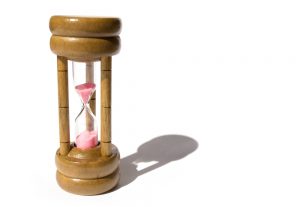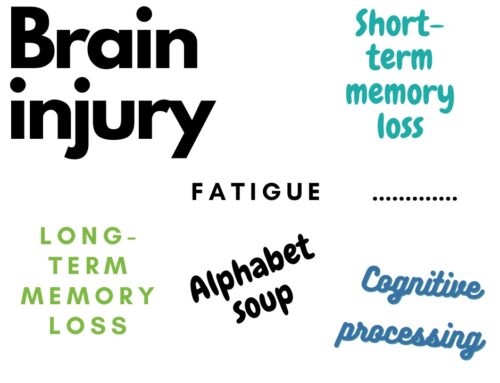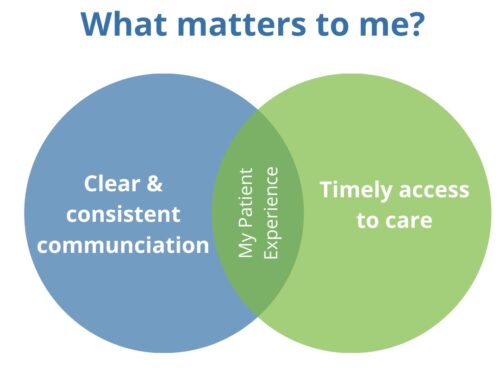How to put your health in your own hands while #CanadaWAITS
Health care is a system of complex interactions. When you add in limited resources, delays in wait times to see specialists, for elective surgeries or at the emergency department become longer than average. This is a challenge for both patients, doctors and specialists. Recently, the discussion of long wait times to see specialists in Canada was re-ignited after a tweet by Dr. Joy Hataley of a 4.5-year wait for a neurology appointment. Globe and Mail health columnist Andre Picard requested that people post their stories of long wait times on Twitter with #CanadaWAITS.
The stories of wait times started and kept on coming, including mine. 2.5 years for a neurology appointment at a headache clinic in Vancouver, BC. My history: previous non-malignant brain tumor, brain surgery and vestibular migraines.
 As a patient, I have three emotions about this situation. Immense frustration for the delay in getting access to the care and specialist advice needed, compassion for my GP (and other doctors, specialists) who wants additional care for me and powerlessness at a systemic failure that I cannot seem to have an impact on (yet).
As a patient, I have three emotions about this situation. Immense frustration for the delay in getting access to the care and specialist advice needed, compassion for my GP (and other doctors, specialists) who wants additional care for me and powerlessness at a systemic failure that I cannot seem to have an impact on (yet).
So, what to do while I wait in the wings for the next 2.5 years?
To be honest – this is not my first intro to waiting in the wings for my healthcare. 18 months for an MRI, 12 months for an otolaryngologist appointment and over 6 months for balance testing have become my norm.
I have realized that while the issue at hand is bigger than me, a systemic issue, there are certain things I can take charge of – that make me feel less powerless. This is what I have done.
-I track how I feel, what my doctors say, and keep copies of all my medical reports. I am the holder of all information about my health. I am a Tracker.
-I educate myself about my condition so I can have informed discussions with my health care team. I have become an Educator.
– I am curious and ask questions like “Why?” “What if?” and “How can we do this together?” This can be challenging — learning to find the courage to ask questions. But it has also opened up a new channel of communication with my doctor. I am an Asker.
– I know that teams can become effective with good management and maybe the same could be true for my health care. I have set objectives such as: What do I want for my health care, from my medical team, and from the doctor’s appointment I am about to attend? This helps remove some of the emotion and helps me regain control of uncertain situations. I have become the Manager of my healthcare. I am also searching for other ways to expedite my referral.
I have created my own TEAM to help me put my health in my own hands. Being a tracker, educator, asker and manager (a.k.a TEAM), helps me collaborate with my healthcare team, in whatever capacity they exist. Even while I wait for my appointments.

This does not take away the tragedy of the wait times we are experiencing across Canada, but it helps me feel more proactive, engaged and less frustrated as a non-routine patient.
While both patients and health care professionals in Canada can hope for a more robust and efficient answer to this waiting game, I will continue using my TEAM Approach and collaborating with my GP to put my health in my own hands while #CanadaWAITS.


PS – Keen to hear about more topics like this? Sign up for my newsletter here.
#CanadaWAITS






Leave A Comment